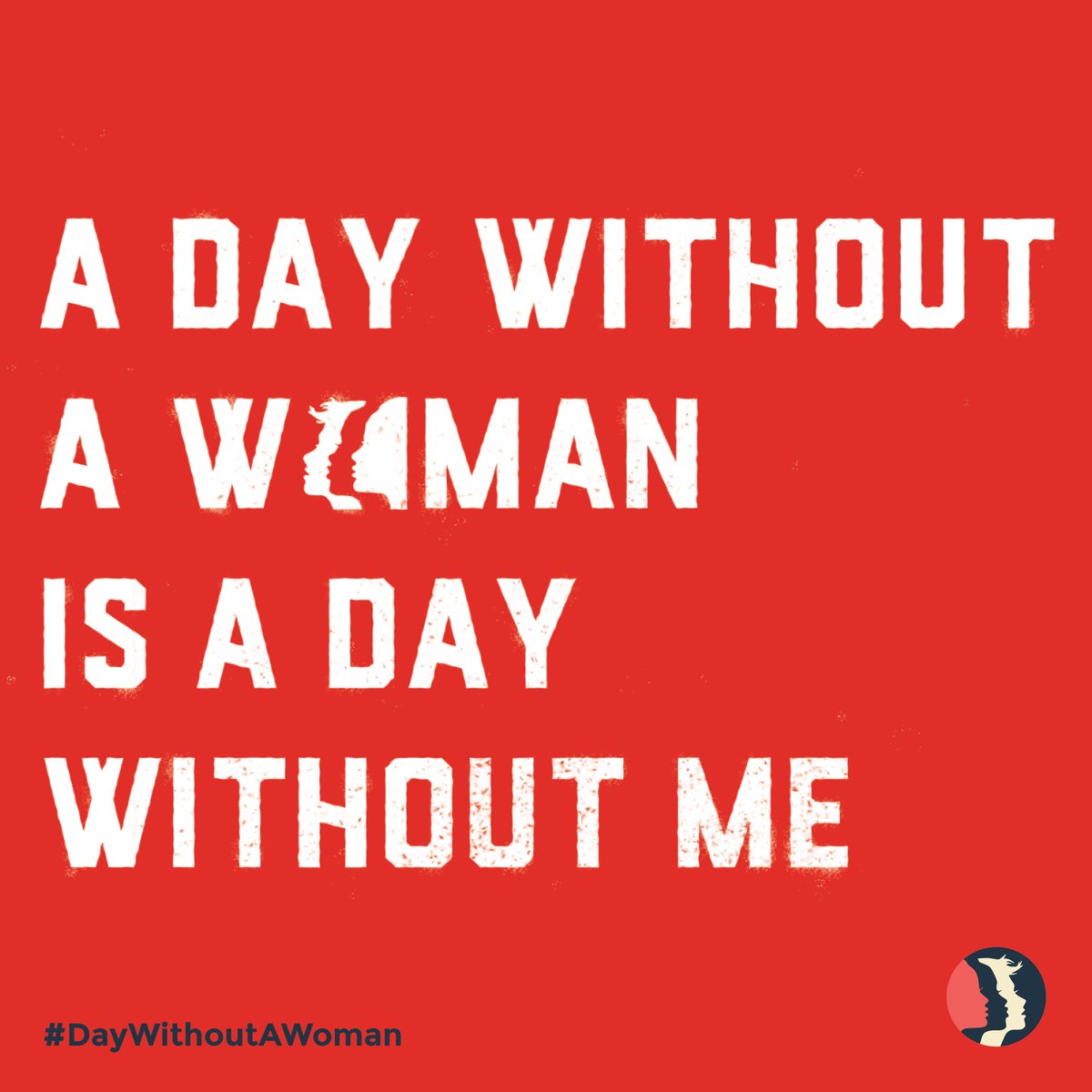Computing
Technology Assessment: Internet of Things, Status and Implications of an Increasingly Connected World
The Internet of Things (IoT) refers to the technologies and devices that sense information and communicate it to the Internet or other networks and, in some cases, act on that information. These "smart" devices are increasingly being used to communicate and process quantities and types of information that have never been captured before and respond automatically to improve industrial processes, public services, and the well-being of individual consumers. For example, a "connected" fitness tracker can monitor a user's vital statistics, and store the information on a smartphone. more »
 Something Old, Something New: Wearing Red to Show Solidarity in Major Cities All Over the World
Something Old, Something New: Wearing Red to Show Solidarity in Major Cities All Over the World
Jo Freeman writes: "A Day Without Women" borrowed it's theme from "A Day Without Immigrants" on Feb. 17, which was new. Many people interpreted it as a call to strike. "Women Strike!" was proclaimed from the top of the arch in New York City's Washington Square. That was old. In 1970, Betty Friedan called for a Women's Strike on August 26, to commemorate the 50th anniversary of the US Woman Suffrage Amendment and announce a new women's movement to the world. Leaders of the NOw quickly scrambled to interpret that as a "do your own thing" strike. They organized a march down New York's Fifth Ave., which was the first time in decades that women marched to demand women's rights in the US.
more »
 Women’s #1 Retirement Priority: Fully Funding Social Security by Implementing Reforms So It Can Continue to Pay Future Generations of Retirees
Women’s #1 Retirement Priority: Fully Funding Social Security by Implementing Reforms So It Can Continue to Pay Future Generations of Retirees
Findings from the TCRS national survey of working women highlight that few have a high level of confidence about their future retirement. Only one in ten are “very confident” that they will be able to retire comfortably. At the same time, more than half are “guessing” at the amount they will need to save in order to feel secure in retirement. Household retirement savings is $34,000 (estimated median) and more than two-thirds indicate that they have no plan if forced into retirement sooner than expected. more »
 From Computers to Leaders: The Story of the Women Portrayed in Hidden Figures, a New Movie
From Computers to Leaders: The Story of the Women Portrayed in Hidden Figures, a New Movie
"The reason these women are able to be in the positions they are and influencing the policy and the science that's being done at NASA today has very much to do with the female pioneers who came to NASA, and to its predecessor the NACA, back in the 1930s, the 1940s, through the 1950s and '60s," says Hidden Figures author Margot Lee Shetterly. more »






